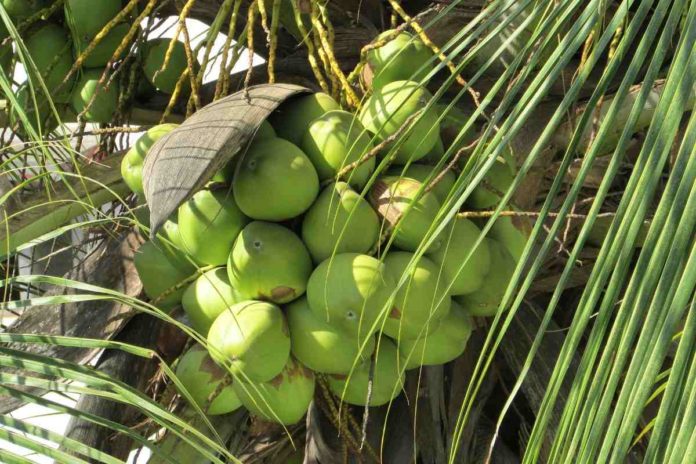The Tanzania Agriculture Research Institute Mikocheni centre has embarked on a campaign to revamp coconut production in the coastal regions of Tanga, Lindi, Mtwara and Coastal.
This follows declined production and productivity of the crop in recent years caused by aging of the old coconut trees coupled with increasing diseases such as coconut lethal yellowing. All these factors have caused some farmers to abandon farming of the crop with others opting to grow other productive crops.
It is well known that coconut is an important crop that supports the livelihoods of the majority of the Coastal people, contributing to daily diet particularly edible oil, industrial materials and environmental sustainability.
In Dar es Salaam and other urban areas for example, coconut employs hundreds of petty traders who sell juice from young nuts. The TARI Mikocheni centre is now distributing improved seedlings known as East Africa’s Tall (EAT), the variety that is high yielding, adapted to moderate drought and tolerant to pests and diseases.
About TARI
The Tanzania Agricultural Research Institute (TARI) was established by the Parliamentary Act No. 10 of 2016 to enhance and strengthen of agricultural research system in Tanzania. TARI is a semi-autonomous body under the Ministry of Agriculture, responsible for all agricultural research activities conducted by the National Agricultural Research System (NARS) in Tanzania.
The Institute’s mandate is to conduct, regulate, promote and coordinate all agricultural research activities conducted by public and private research institutes or organisations in Tanzania. TARI aims at strengthening national agricultural research system to enhance development and dissemination of technologies, innovations and management practices (TIMPs) to address the real needs of farmers and other agricultural stakeholders.









[…] Credit: Source link […]
Comments are closed.